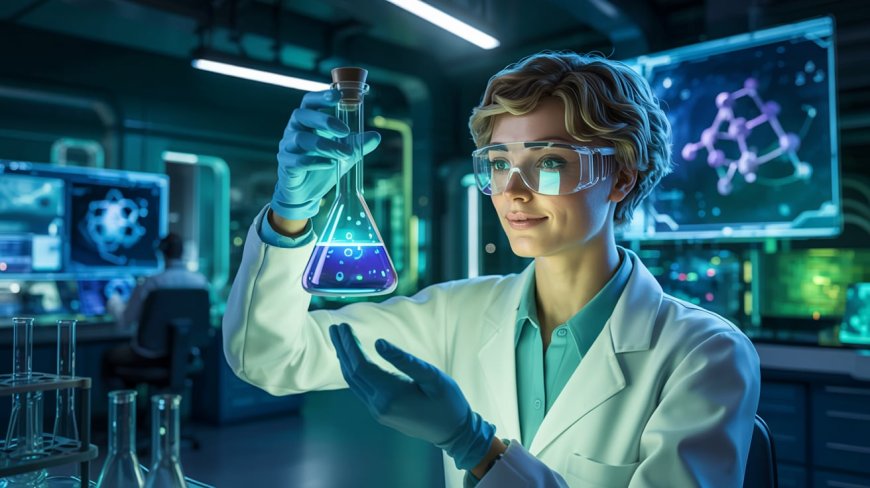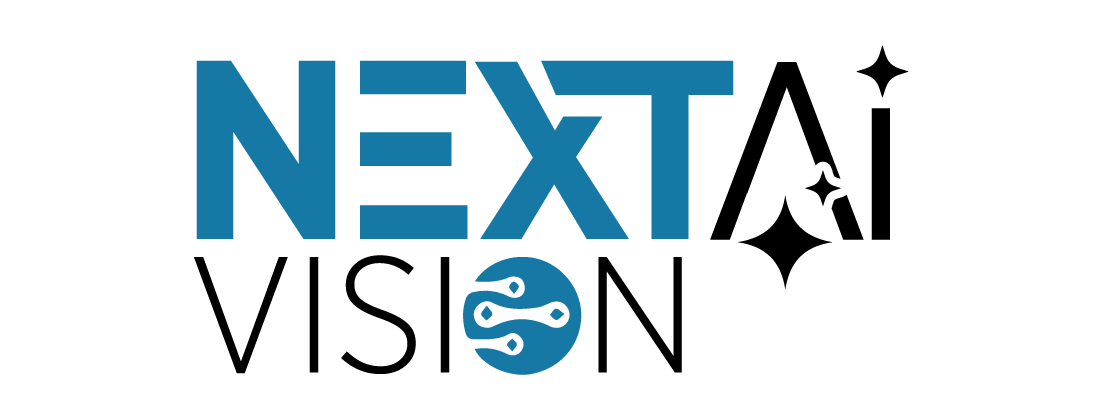How Artificial Intelligence Is Revolutionizing Biotechnology and Medicine
AI and Biotechnology: A New Era of Personalized Healthcare

How Artificial Intelligence Is Powering a Revolution in Biotechnology and Medicine
In recent years, Artificial Intelligence (AI) has become a transformative force across multiple industries — and biotechnology and healthcare are no exception. From drug discovery to personalized medicine, AI is driving innovation at an unprecedented pace, reshaping the future of medical research, diagnostics, and treatment.
AI in Drug Discovery and Development
Traditionally, the drug development process takes years and costs billions. Today, AI-powered algorithms are accelerating this timeline by analyzing massive datasets, predicting molecular behavior, and identifying potential compounds in record time. Startups and biotech giants alike are leveraging machine learning to model protein structures and simulate drug interactions, drastically reducing the time from lab to market.
Personalized Medicine and Predictive Analytics
With the integration of AI and genomics, we are entering the era of personalized healthcare. Machine learning models can analyze a patient’s genetic information to predict disease risks and suggest personalized treatment plans. This means more accurate diagnoses, fewer side effects, and better outcomes. AI also plays a key role in predictive analytics, helping doctors anticipate disease progression or detect anomalies before symptoms appear.
AI in Medical Imaging and Diagnostics
AI is revolutionizing medical imaging through enhanced diagnostic accuracy. Advanced neural networks can interpret X-rays, MRIs, and CT scans faster and with greater precision than ever before. In some cases, AI systems are outperforming human radiologists in identifying early signs of diseases like cancer and Alzheimer's.

Ethical Considerations and Future Outlook
While the AI-biotech fusion offers remarkable promise, it also raises ethical concerns. Data privacy, bias in algorithms, and the need for transparent AI systems are critical issues that must be addressed. Still, the future looks bright. As AI continues to evolve, it holds the potential to unlock cures for previously untreatable diseases and make healthcare more accessible and efficient.
Final Thoughts
The intersection of AI, biotechnology, and medicine is not just a trend — it's a revolution. As we continue to embrace this technological evolution, we are stepping into a new era of intelligent healthcare powered by data, algorithms, and human ingenuity.
SEO keywords used:
-
artificial intelligence in biotechnology
-
AI in healthcare
-
drug discovery
-
personalized medicine
-
AI in diagnostics
-
medical imaging AI
-
predictive analytics in medicine
-
machine learning in biotech
-
future of healthcare


 admin
admin 





